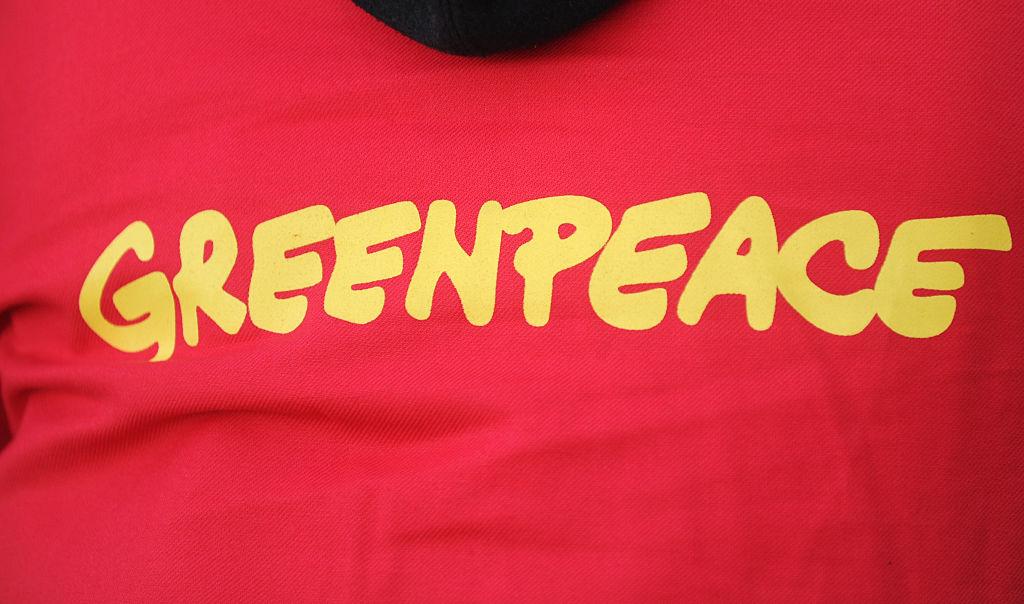Five Greenpeace activists have been arrested after a protest at the office of the mining lobby group Straterra. The protest caused police to cordon off The Terrace, a major Wellington road home to the Reserve Bank of New Zealand, the Ministry of Justice, and Wellington City Council, among others.
They were protesting Straterra’s plans to fast-track a seabed mining project in the South Taranaki Bight for one of its clients, Trans-Tasman Resources.





